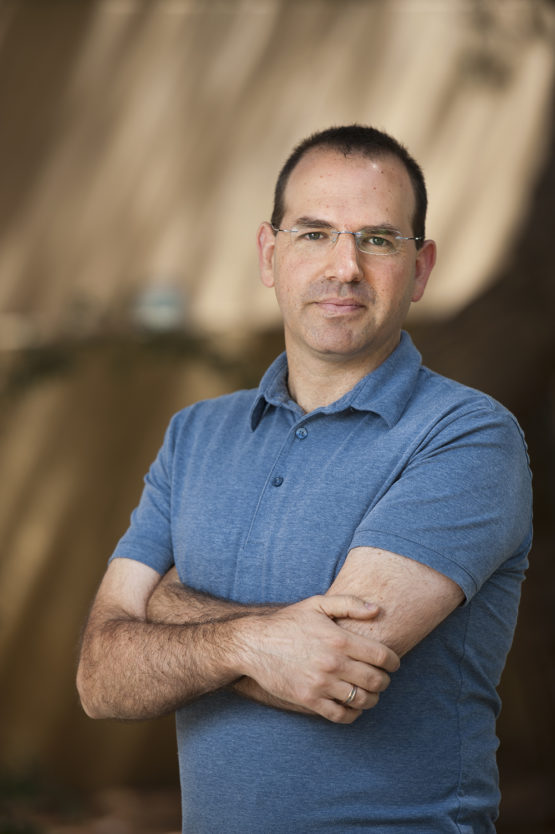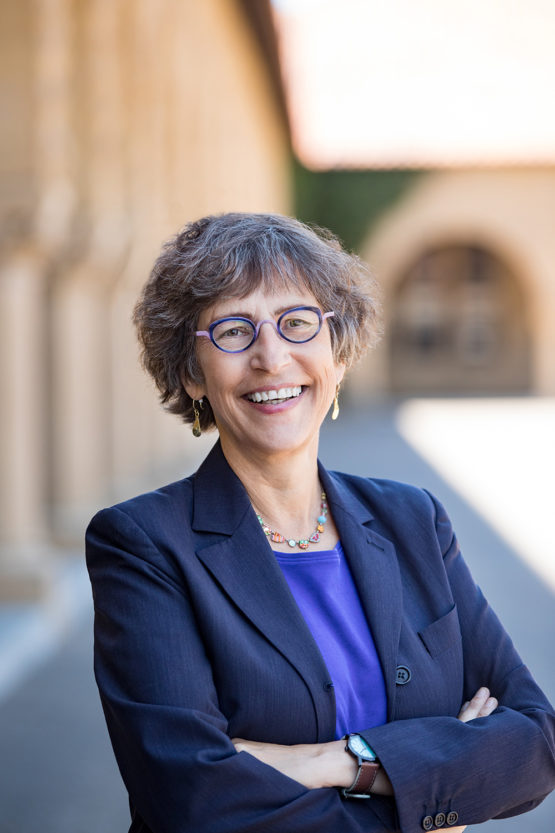Stanford webinar series to highlight challenges to democracy in the U.S. and around the world
In the run-up to the November election, Stanford faculty from across campus will come together for Democracy Matters, a forum to discuss current issues affecting U.S. democracy.
This fall as the United States gears up for what many are calling the most significant election in a generation, Democracy Matters, a new webinar series, will bring together scholars from across the Stanford campus to reflect on issues and topics that are having an effect on democracy in the U.S. and shaping election discussions. The program is hosted by the School of Humanities and Sciences and led by Ran Abramitzky, senior associate dean for social sciences.
“The 2020 U.S. elections are around the corner, and we want to have discussions based on knowledge and evidence about some of the deep issues at stake,” said Abramitzky, professor of economics. “We will explore questions such as: What are the ramifications of income inequality? How has COVID-19 changed life as we know it? Why are Americans so politically polarized? Should the U.S. close its border to immigrants?”
Addressing current threats to democracy in the U.S. – from economic inequality to racial injustice to political polarization – will require complex solutions from a wide variety of disciplines, said Debra Satz, the Vernon R. and Lysbeth Warren Anderson Dean of the School of Humanities and Sciences.
To discuss these and other key issues, 39 Stanford faculty members are participating in the conversation by bringing evidence and insights from fields including history, political science, psychology, economics, medicine, physics and more. The entire Stanford community is invited to the webinars, which will include panel presentations followed by a Q&A session. Stanford undergraduate students can also enroll in the Democracy Matters series as a class and receive course credit.
The nine-session series, which will be recorded, will take place on Tuesdays, from 12:30-1:50 p.m., beginning Sept. 15. The webinar on Oct. 20 is from 12:30-2:20 p.m. and there will be no webinar on November 3. Each session will be dedicated to a different topic. The full schedule can be viewed at the bottom of each weekly event listing. “Many of Stanford’s faculty have done extensive research and thinking about these issues,” said Abramitzky. “Thinking about my own research on immigration in the U.S. over the last century, I am concerned about how the immigration debate is often based on fear rather than on facts and evidence.”
As part of the series, Abramitzky, who noted that the debate over immigration has become a key issue in the upcoming election, is planning to share some of his research results. The results are based on data collected from millions of immigrants that could help answer questions like how well immigrants and their children integrate into the U.S. economy and society, and what happened to the wages and employment of the U.S. born when the U.S. closed its borders in the 1920s.
Despite the challenges to democracy in the U.S. and around the world, Satz, a political philosopher and the Marta Sutton Weeks Professor of Ethics in Society, said she remains committed to the democratic project. “I still believe in Lincoln’s ‘patient confidence in the ultimate justice of the people. Is there any better or equal hope in the world?’ ”


